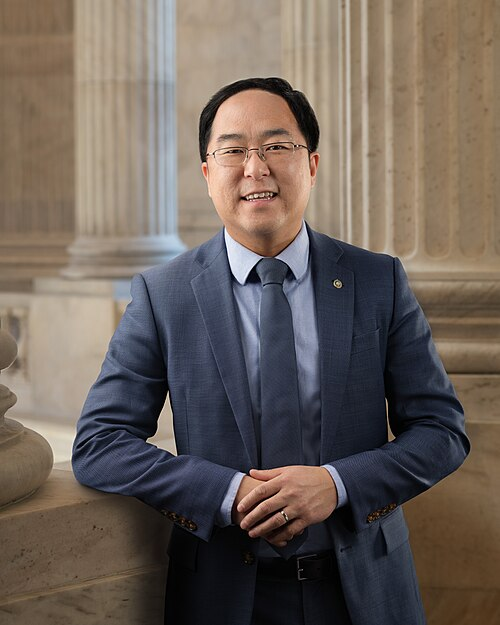S. 2852: Restoring Trust in Public Servants Act
This bill, known as the Restoring Trust in Public Servants Act, aims to enhance the integrity of public office by imposing restrictions on federal officials concerning their investments and outside earnings. Here are the key provisions:
Prohibitions on Covered Investments
The bill prohibits certain federal officials, referred to as covered officials, from owning or trading covered investments during their time in office. Covered investments include:
- Securities
- Commodities
- Digital assets
- Security futures
Moreover, any economic interest comparable to the aforementioned investments, acquired through synthetic means (like derivatives), is also included. However, certain investments, such as diversified mutual funds and U.S. Treasury securities, are exempt from these restrictions.
Covered Officials
Covered officials include:
- Members of Congress
- Executive branch officials, including the President and Vice President
- Judicial officers
Compliance Requirements
Officials who already own covered investments must divest within 90 days of the bill's enactment or from the date they take office if they become a covered official after enactment. This aims to ensure compliance with the new regulations regarding investment ownership.
Penalties for Violations
If a covered official is found in violation of these investment provisions, penalties will be imposed. The amount is typically equivalent to the fee set under certain existing rules, and repeat or serious violations may escalate sanctions, which might even equal the official’s monthly salary.
Restrictions on Outside Earned Income and Board Service
The bill seeks to ban all outside earned income for Members of Congress, removing the previous allowance for a limited amount of outside earnings. The only exceptions relate to compensation from medical practice or teaching, where prior notification is required.
Additionally, Members of Congress would not be allowed to serve on the boards of corporations or associations unless they are nonprofit and the service is unpaid.
Lifetime Lobbying Ban
The bill introduces a lifetime ban on lobbying activities for former Members of Congress, preventing them from engaging in lobbying contacts or activities for a defined period post-service. This provision aims to mitigate corruption and enhance public trust in government activities.
Foreign Entity Restrictions
Former Members of Congress will also be prohibited from engaging with foreign entities after leaving office, thereby ensuring that their actions do not favor foreign interests over domestic ones.
Tax Treatment of Divestitures
The bill proposes amendments to the tax code to allow for certain covered officials to obtain a certificate of divestiture that would assist in managing the tax implications of selling covered investments.
Implementation of the Bill
The act will take effect immediately upon passage, thereby prompting covered officials to comply swiftly with the new regulations regarding their investment holdings and outside earnings.
Relevant Companies
None found
This is an AI-generated summary of the bill text. There may be mistakes.
Sponsors
1 sponsor
Actions
2 actions
| Date | Action |
|---|---|
| Sep. 17, 2025 | Introduced in Senate |
| Sep. 17, 2025 | Read twice and referred to the Committee on Finance. |
Corporate Lobbying
0 companies lobbying
None found.
* Note that there can be significant delays in lobbying disclosures, and our data may be incomplete.
Potentially Relevant Congressional Stock Trades
No relevant congressional stock trades found.
